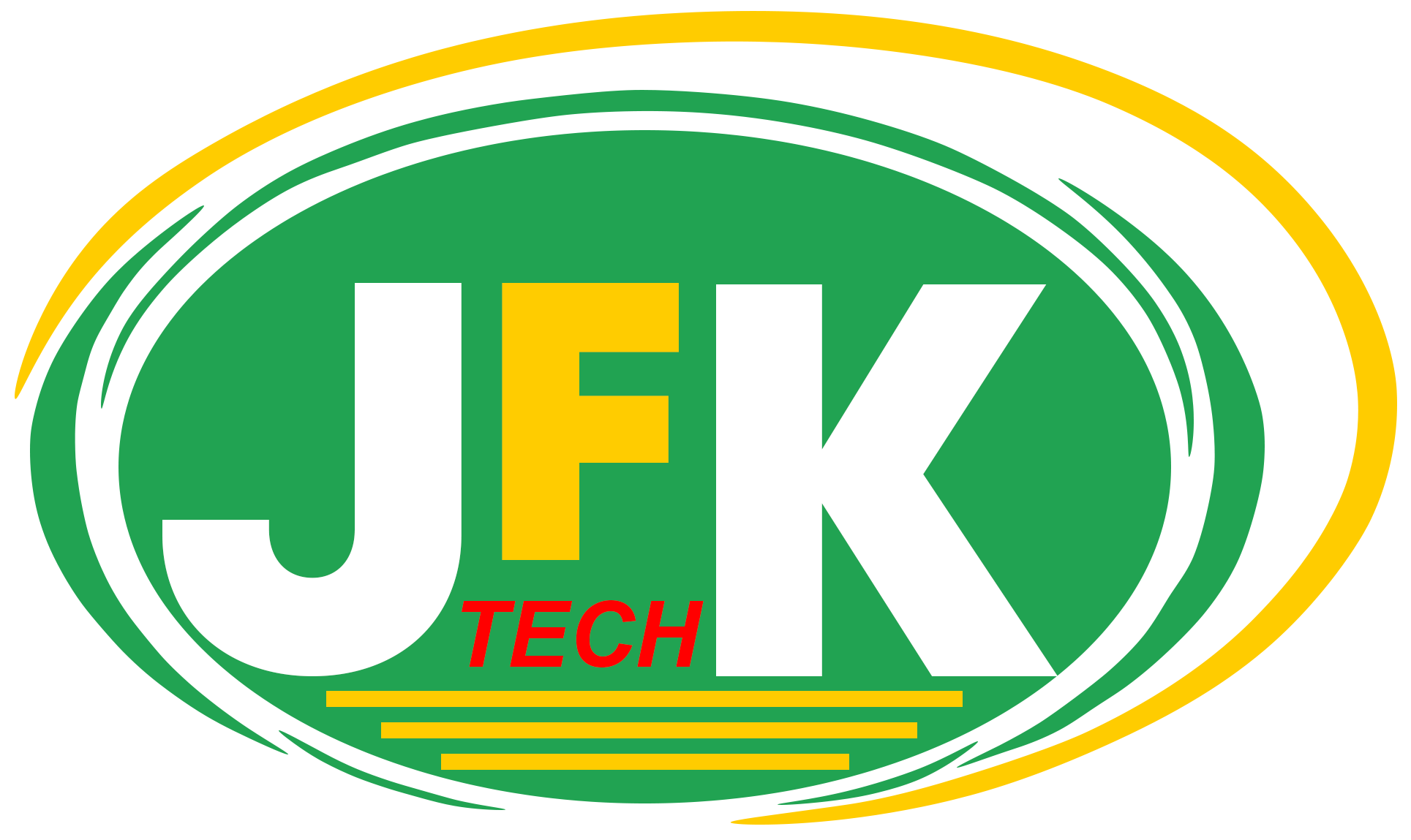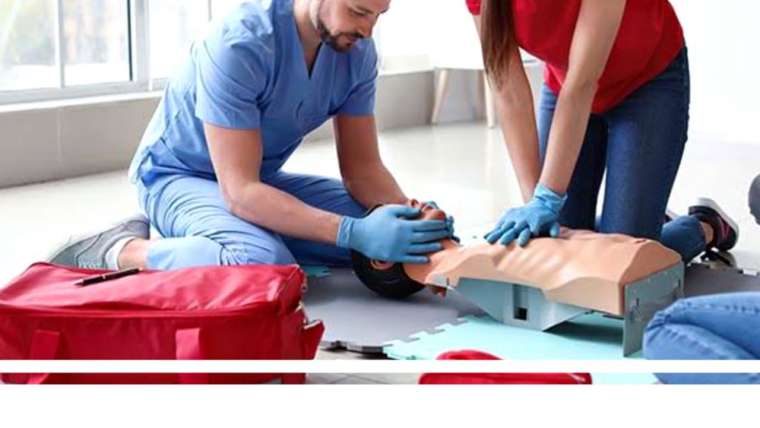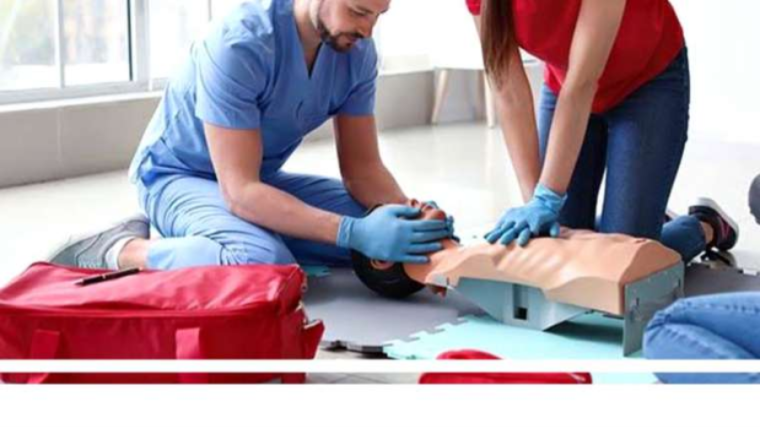Starting a career in the UK’s private security industry requires proper licensing, regulated by the Security Industry Authority (SIA). Two of the most popular training options for newcomers are the SIA CCTV Operator Course and the SIA Door Supervisor Course.
While both qualifications open the door to rewarding career opportunities, they cater to different roles and responsibilities within the security sector. Understanding the differences between them helps you make an informed decision about which path best suits your career goals, lifestyle, and skill set.
This guide, prepared by JFK Tech, explores the SIA CCTV vs Door Supervisor courses in the UK, their benefits, costs, and job prospects, so you can confidently decide which SIA course is right for you.
Understanding the SIA Licence Framework
The SIA is the regulatory body responsible for licensing and overseeing the private security industry in the UK. To work legally in most security roles, you must hold a valid SIA licence, obtained after completing the required training and passing necessary checks.
Each SIA licence corresponds to a specific security function. The CCTV Operator Licence allows you to monitor public and private spaces via surveillance systems, while the Door Supervisor Licence permits you to manage entry points, handle conflict situations, and maintain public safety in venues such as bars, clubs, and events.
Both roles play an important part in public protection, though the environments and responsibilities differ significantly.
1. What Is an SIA CCTV Operator Course?
An SIA CCTV Operator Course prepares individuals to operate surveillance systems in line with UK laws and industry best practices.
CCTV operators are the unseen guardians of public safety, responsible for monitoring live feeds, identifying suspicious activity, and supporting law enforcement or on-site security teams when incidents occur.
Course Overview
The course typically covers:
- The legal framework governing CCTV operations
- The roles and responsibilities of CCTV operators
- Effective use of surveillance systems
- Data protection and privacy laws
- Incident reporting and communication procedures
Upon completion, candidates can apply for an SIA Public Space Surveillance (CCTV) Licence, allowing them to work in control rooms across retail centres, transport hubs, hospitals, or local council monitoring centres.
Career Benefits
Completing CCTV training benefits individuals who prefer analytical, technology-driven roles with less direct confrontation. This course suits those who are observant, calm under pressure, and interested in digital security monitoring.
2. What Is an SIA Door Supervisor Course?
An SIA Door Supervisor Course qualifies individuals to manage entry and maintain order in venues that serve alcohol or host large crowds.
Door supervisors often act as the first point of contact for customers, balancing professionalism and authority while ensuring compliance with safety regulations.
Course Overview
Typical training modules include:
- Conflict management and physical intervention skills
- Customer service and communication
- Health and safety regulations
- Emergency procedures and first aid basics
- Licensing laws and venue security protocols
Graduates can apply for an SIA Door Supervisor Licence, which also allows them to work as Security Guards in non-licensed premises such as shopping centres or office buildings.
Career Benefits
This qualification suits individuals who enjoy active, people-facing roles that involve problem-solving and maintaining order in dynamic environments.
3. Key Differences Between CCTV and Door Supervisor Courses
To help you decide which SIA course aligns with your interests and goals, the following table highlights the main distinctions between them:
| Feature | CCTV Operator Course | Door Supervisor Course |
| Primary Role | Monitor security cameras and report incidents | Manage venue entry, crowd control, and conflict resolution |
| Work Environment | Control rooms, public buildings, offices | Bars, clubs, events, retail spaces |
| Customer Interaction | Minimal | Frequent |
| Risk Level | Low | Moderate to high |
| Physical Activity | Sedentary | Active, involves movement and physical presence |
| Training Duration | 3-4 days | 5-6 days |
| Average Course Cost | £150 – £250 | £200 – £300 |
| Licence Validity | 3 years | 3 years |
| Career Path Examples | CCTV Operator, Control Room Assistant, Security Systems Analyst | Door Supervisor, Event Security Officer, Retail Security Guard |
Both paths offer stable employment opportunities, but the best choice depends on your personality, work preferences, and long-term career aspirations.
4. Comparing Costs and Earning Potential
When considering which SIA course to take, cost and salary expectations are key factors.
Training Costs
- CCTV Operator Course: £150 to £250
- Door Supervisor Course: £200 to £300
These costs vary by training provider, location, and course duration. Both licences are valid for three years and require renewal before expiration.
Salary Range
- CCTV Operator: £22,000 to £28,000 annually
- Door Supervisor: £23,000 to £32,000 annually
Door supervisors often earn higher wages due to evening and weekend work, while CCTV operators benefit from more stable, regular hours.
For some, combining both qualifications offers the best flexibility and employment potential.
5. Which SIA Course Should You Choose?
Choosing between CCTV and door supervision depends on your strengths, preferences, and desired work environment.
Choose CCTV If You:
- Prefer working behind the scenes rather than in direct public contact
- Have strong observational and analytical skills
- Want a lower-risk, technology-focused role
- Enjoy shift-based or control room work
Choose Door Supervision If You:
- Thrive in fast-paced, people-oriented settings
- Have excellent communication and conflict management skills
- Are physically fit and confident in handling challenging situations
- Want flexibility to work in various venues and events
Both qualifications can also complement each other. Many professionals begin as door supervisors, later adding CCTV training to broaden their career options.
6. Career Progression and Long-Term Opportunities
Both roles provide a foundation for advancement within the security industry.
With a CCTV Licence:
- Move into control room management
- Train as a security systems technician
- Transition to roles in cyber or digital surveillance
With a Door Supervisor Licence:
- Progress into security management or event coordination
- Train in close protection or corporate security
- Move toward supervisory and leadership roles
Some individuals even establish their own private security companies after gaining years of experience.
Training with accredited providers like JFK Tech ensures that your qualification meets SIA standards and enhances your employability in a competitive market.
7. The Benefits of Holding Both Licences
For those seeking maximum flexibility, holding both SIA CCTV and Door Supervisor licences can be a major career advantage.
With dual qualifications, you can:
- Work across a wider range of venues and industries
- Increase job opportunities and shift availability
- Earn higher overall income due to versatility
Employers value multi-skilled professionals who can adapt to both surveillance and frontline security roles.
8. Legal and Compliance Considerations
The SIA enforces strict regulations for all licence holders. Before applying, you must:
- Be at least 18 years old
- Pass a criminal background check
- Complete an approved SIA training course
- Hold valid identification documents
All training providers must be recognised by the SIA. Working without a valid licence is a criminal offence that can result in fines or imprisonment.
9. The Importance of Accredited Training Providers
When enrolling in an SIA course, always verify that your training centre is SIA-approved and accredited.
Accredited providers deliver courses that meet national standards, ensuring you receive legitimate qualifications accepted by employers and insurers.
JFK Tech, for example, offers approved CCTV and Door Supervisor courses in the UK designed to meet both entry-level and advanced professional needs.
10. How to Apply for an SIA Licence
Once you complete your training, applying for your SIA licence involves:
- Visiting the official SIA website
- Creating an online account
- Submitting your identity documents
- Paying the licence application fee (currently £184)
- Awaiting background checks and approval
The process can take several weeks, so it’s best to plan ahead if you’re starting a new job.
11. Industry Outlook and Employment Demand
The UK security industry continues to grow, driven by increasing demand for safety in retail, public venues, and transport sectors.
According to industry data, there are consistent job openings for both CCTV operators and door supervisors, especially in major cities like London, Manchester, and Birmingham.
This demand makes now an excellent time to invest in SIA training and begin a stable, long-term career in private security.
Final Thought
Choosing between SIA CCTV and Door Supervisor courses depends on your skills, personality, and career goals.
Both qualifications offer strong employment prospects, valuable skills, and opportunities for growth in the UK security industry.
If you’re still unsure which path suits you best, take the time to research local course options, read reviews, and speak with training providers for personalised advice.
For further guidance or to explore accredited SIA training options, contact us to learn how professional security courses can help you take the next step in your career.
Frequently Asked Questions
1. Which SIA course is easier, CCTV or Door Supervisor?
The CCTV course is generally considered easier, as it focuses on observation and monitoring rather than physical or conflict management skills.
2. Can I work as a security guard with a Door Supervisor Licence?
Yes, the Door Supervisor Licence allows you to work as a security guard in most environments, making it a versatile qualification.
3. How long does it take to complete each SIA course?
The CCTV course usually takes three to four days, while the Door Supervisor course typically lasts five to six days.
4. Can I hold both SIA licences at the same time?
Yes, many professionals choose to obtain both licences to expand their employment opportunities and earning potential.
5. What is the cost difference between the two courses?
CCTV courses generally cost around £150 to £250, while Door Supervisor courses range from £200 to £300, depending on the provider.



